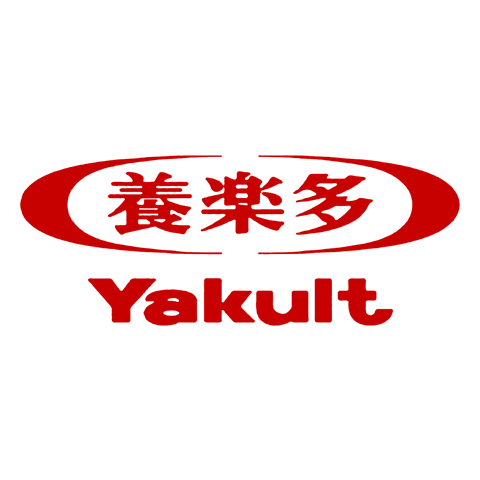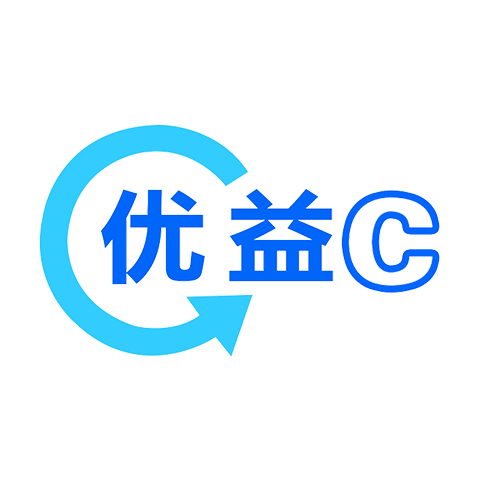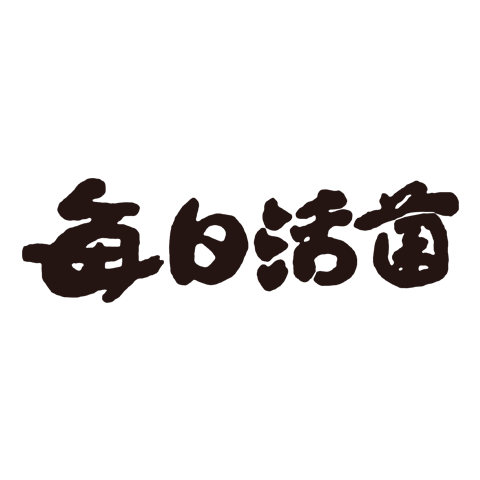Yakult is the world's first popular active lactic acid bacteria drink, which was launched in Japan in 1935 and has been widely loved by Japanese consumers since its launch. Today, Yakult Active Lactobacillus Drink is sold in 33 countries, with an average of more than 35 million bottles sold every day, making it one of the most popular active lactobacillus drinks in the world. Between March 2015 and March 2016, Yakult's operating revenue reached 390.412 billion yen.
One of the key points of probiotic screening is to try to choose from bacteria already present in the human body. In 1930, Japanese scientist Minoru Shirota isolated a Lactobacillus casei from the human intestine and named it Shirota strain. Yakult developed a product based on this strain and developed a live lactic acid bacteria drink. Lactobacillus casei is characterized by a strong acid tolerance, a high viable bacterial count can be achieved during the fermentation process, and the bacterial count decays slowly during the shelf life.
Yakult established its first overseas company in Taiwan in 1964, but only supplied the Taiwanese market until 2001, when Yakult established Yakult in Guangzhou, and began to fully supply the Chinese market. Due to market and translation reasons, Yakult is known as Yakult in Guangdong, Hong Kong, Macau, and Hainan, and in other provinces in China, it is called Yakult, and the two are actually the same product using the same formula and production process. Like the sales system in Japan, Yakult has also introduced a "Miss Yakult" sales team in China.
Lactic acid bacteria beverage is a derivative product based on yogurt, which is made by adding stabilizers, sugar and acid to the base material after milk fermentation, it takes the probiotic effect of active lactic acid bacteria as the main selling point, and highlights the amount of live bacteria, and does not pay attention to the content of nutrients, and the content of milk solids such as protein and fat is much lower than that of yogurt.
Yakult is the most classic lactobacillus drink, its main ingredients are water, sugar, skimmed milk powder, flavor and Lactobacillus casei. Yakult drinks are thinner, more fluid, slightly brownish, and are treated at high temperatures before fermentation for sterilization and a full Maillard reaction. Yakult raw materials produce a brown macromolecular substance like melanoidin in the Maillard reaction, which has a unique aroma, and this process is used in most lactic acid bacteria drinks.
Yakult has two types of products in the Chinese market, one is the original flavor type and the other is the low-sugar type. Yakult contains 10 billion active lactic acid bacteria per nominal bottle (100ml), and its number of viable bacteria exceeds this value under the condition of proper cold chain preservation. According to a report released by the Shenzhen Municipal Consumer Council, the content of lactic acid bacteria purchased and tested in local supermarkets reached 960 million CFU/ml.
However, even if this result is available, it still does not mean that Yakult is good for digestion and improves immunity. In order to improve the intestinal microbial population, active lactic acid bacteria drinks also need to withstand the test of stomach digestion. Human gastric juice is very acidic, pH value of 2-3, most lactic acid bacteria can not survive in the stomach, after digestion, there are about hundreds of thousands of units of lactic acid bacteria can reach the intestine smoothly, this number of intestinal containing 1000 trillion microorganisms, the effect is extremely limited, it is difficult to improve gastrointestinal health.
Not to mention the probiotic effect, Yakult is a very delicious drink, full of sweet and sour, and it is very appetizing and refreshing to drink after being chilled in summer. But since it is a drink, it is difficult not to add sugar, Yakult Original contains 1.2g of protein, zero fat, 15.7g of carbohydrates per bottle (100ml), and a total calorie of 287kJ, which is higher than that of Coke (188kJ/100ml). The low-sugar version uses sucralose sweetener with relatively little added sugar, with 8.3g of carbohydrates per bottle and 172kJ of total calories. Although the low-sugar version of Yakult has less sugar, the sweetness is well adjusted, and there is little difference from the original version, and the price is about 13.9 yuan for five bottles, which is 1-2 yuan more expensive than the original flavor.








